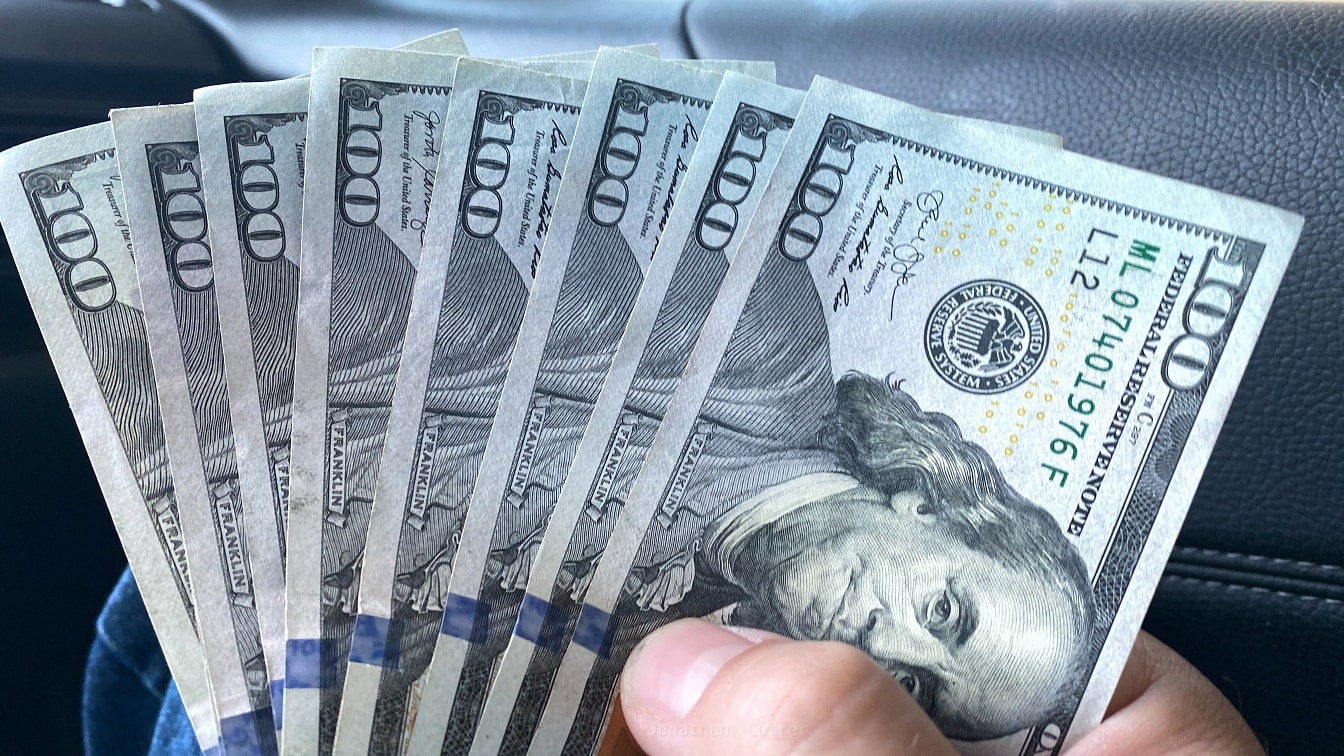Social media is awash with talk of a fourth stimulus check, but it remains to be seen whether there is any substance to the rumors.
As the U.S. enters the third year of the COVID-19 pandemic, is direct stimulus an economic trick of the past, or does President Joe Biden have one last check up his sleeve ahead of the 2022 midterm elections?
The Stimulus Checks Delivered So Far
In April 2020, the first round of economic stimulus checks was issued to American citizens, with taxpayers receiving up to $1,200 and dependents under the age of 16 receiving $500 each.
In December 2020, a second round of direct payments totaling $900 billion was issued by the Trump Administration under the Coronavirus Responsive and Relief Supplemental Appropriations Act of 2021. It saw a new $600 check issued to individuals with the option for households to claim an additional $600 for children under the age of 16.
In March of 2021, President Joe Biden unveiled the American Rescue Plan and rounded up the previous $600 check to $2,000, issuing new $1,400 payments to eligible taxpayers. The plan was controversial at the time as candidate Joe Biden, as well as the Democratic candidates in the Georgia Senate runoff races, campaigned on the promise of delivering $2,000 checks.
In 2022, with the pandemic slowly coming to an end, the prospect of an additional stimulus check may feel unnecessary to many – but the rapidly rising cost of food, gas, and household goods has sparked debate on whether it is a good idea.
Do People Want To See A Fourth Check?
In April 2021, shortly after the third stimulus check, President Donald Trump was lobbied by far-left Senators Bernie Sanders, Elizabeth Warren, and others, to include recurring payments in a future “Build Back Better” bill. The legislators urged him to “include recurring direct payments and automatic unemployment insurance extensions tied to economic conditions” in his Build Back Better long-term economic plan.
The idea even had some public support. At the time, a poll from Data for Progress found that 65% of Americans were in favor of direct payments of $2,000 per month until the pandemic came to an end.
President Biden resisted the calls for direct and recurring payments then and has not revisited the idea since, with the idea mostly only popular among the radical progressive wing of his party.
Since then, there has been little in the way of discussion about the possibility of a fourth check, both in Congress and in the media.
Even with inflation hitting a forty-year high, the public appears to be generally uninterested in the idea. Google Trends data shows that searches for “fourth stimulus check” peaked in May 2021, and have declined by roughly 90% since then. People simply aren’t searching for it, or at least don’t expect it.
Stimulus Check Question: Is Free Cash a Vote-Winner in 2022?
Given President Joe Biden’s recent woes in failing to pass his landmark Build Back Better bill and his party’s so-called “voting rights” legislation, the idea of passing a fourth stimulus check may not be on the cards simply because he would likely struggle to get it passed in this Congress. Without moderate Senators Joe Manchin and Kyrsten Sinema on his side, even the likelihood of passing legislation on a simple majority vote through budget reconciliation appear to be slim.
With little polling to determine whether the American people would support a fourth check, it’s hard to determine whether any such plan is truly on the cards – but given that talk of a fourth stimulus check has been effectively dead in Congress since last year, it appears unlikely at this moment.
With the 2022 midterm elections on their way and the Democrats increasingly concerned about a poor showing, however, it’s not entirely off the cards that a fourth stimulus check could be used as a carrot to win around voters hurt by rising inflation.
Jack Buckby is a British author, counter-extremism researcher, and journalist based in New York. Reporting on the U.K., Europe, and the U.S., he works to analyze and understand left-wing and right-wing radicalization, and report on Western governments’ approaches to the pressing issues of today. His books and research papers explore these themes and propose pragmatic solutions to our increasingly polarized society.

